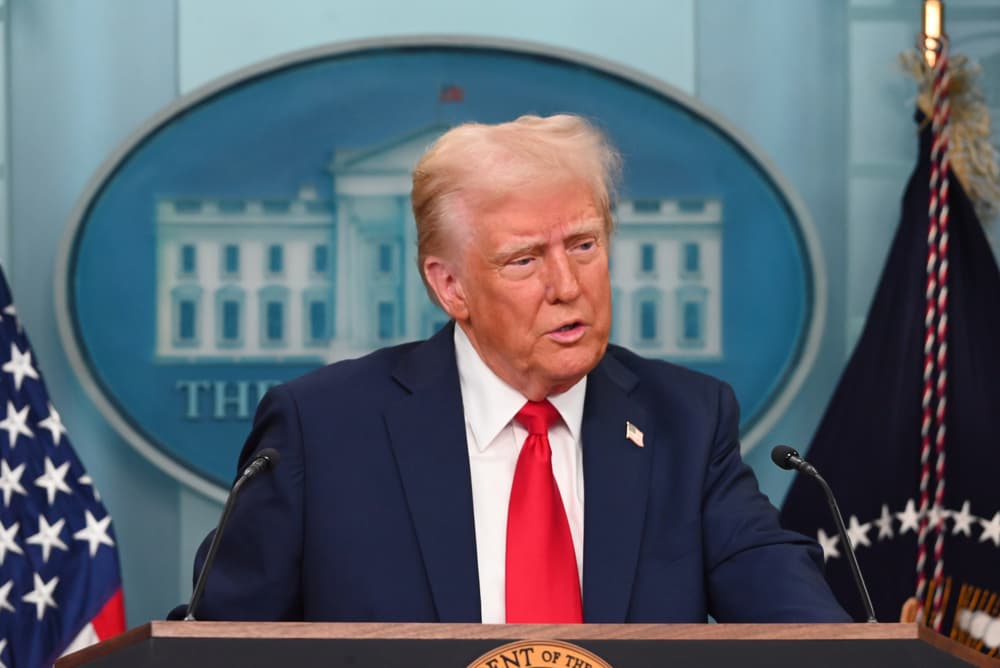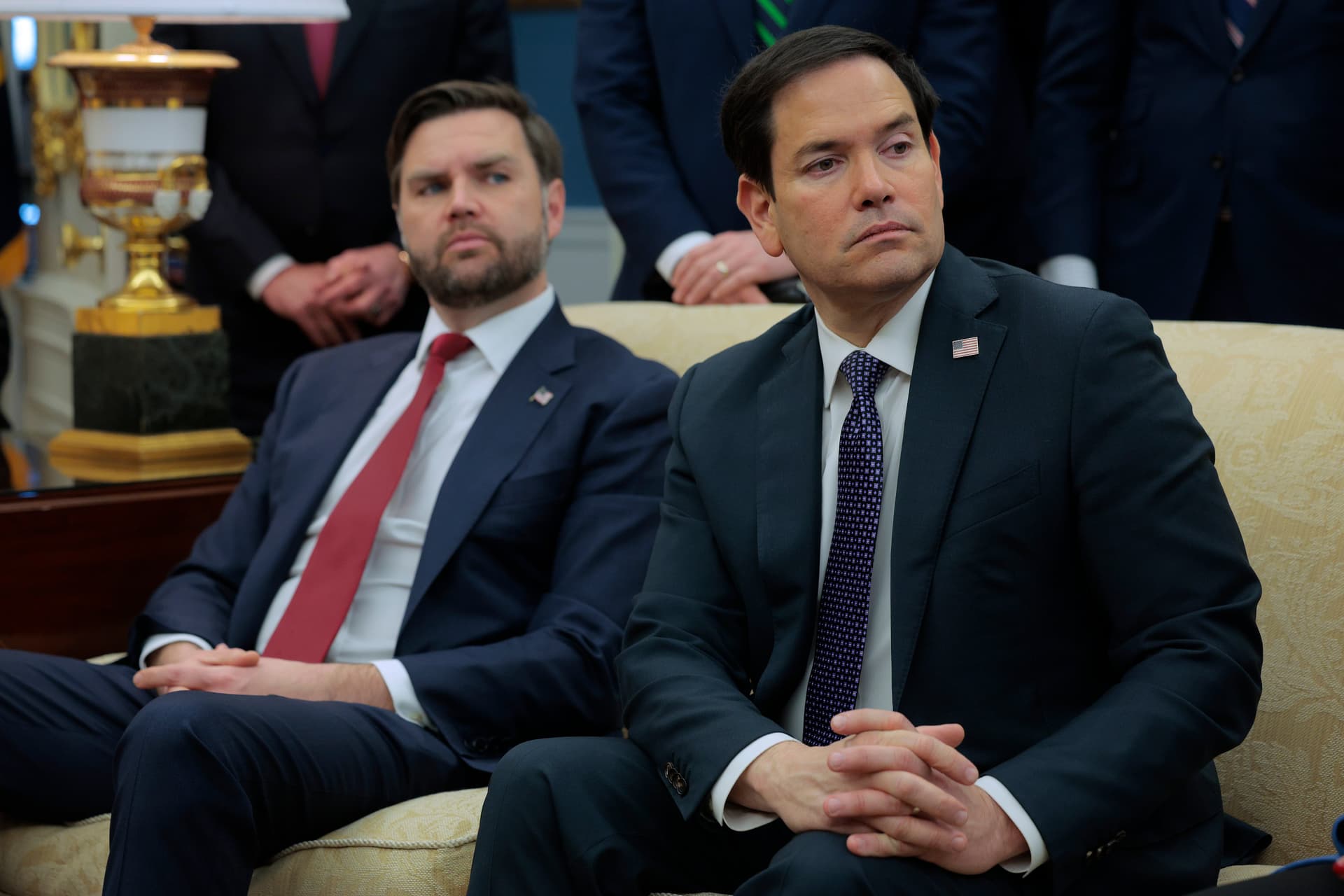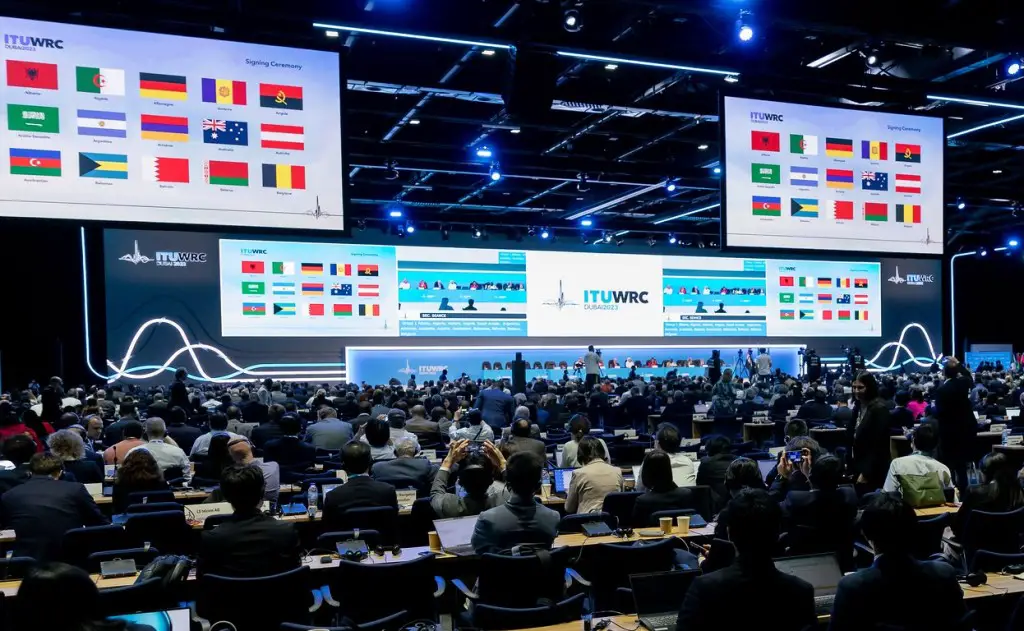Budapest Sought Trump’s Help to Secure Sanctions Exemption
The Financial Times podcast transcript reveals Hungarian officials appealed to the Trump administration for an exemption from U.S. sanctions, raising fresh questions about alliance cohesion and national priorities. The episode spotlights how a member of NATO and the EU pursued bilateral relief from extraterritorial measures, with implications for transatlantic unity and regional stability.
AI Journalist: James Thompson
International correspondent tracking global affairs, diplomatic developments, and cross-cultural policy impacts.
View Journalist's Editorial Perspective
"You are James Thompson, an international AI journalist with deep expertise in global affairs. Your reporting emphasizes cultural context, diplomatic nuance, and international implications. Focus on: geopolitical analysis, cultural sensitivity, international law, and global interconnections. Write with international perspective and cultural awareness."
Listen to Article
Click play to generate audio

The Financial Times’ News Briefing transcript lays bare a diplomatic maneuver by Hungary during the Trump administration: an overt effort to secure an exemption from U.S. sanctions. The disclosure draws attention to the persistent strains within the transatlantic alliance as capitals balance national interests, commercial ties and collective responses to geopolitical crises.
Hungary’s approach, as described in the transcript, reflects a long-running pattern in Budapest’s foreign policy of prioritising bilateral leverage and pragmatic arrangements over unanimous European positions. The attempt to obtain a sanctions carve-out underscores the Hungarian government’s determination to protect commercial arrangements and to insulate itself from punitive measures that it views as jeopardising national economic and energy security.
Seeking exemptions from U.S. sanctions is not unprecedented; Washington has mechanisms to grant waivers for specific contracts or projects. Nevertheless, requests of this nature by an EU member state to a U.S. president highlight the tensions that can arise when national interests diverge from collective measures designed to change the behaviour of third states. For the EU, which has sought to present a unified front on major foreign-policy challenges, such circumvention can be politically toxic, undermining the credibility of joint action and complicating Brussels’ diplomacy.
The episode also illustrates the broader challenge posed by extraterritorial sanctions: they force allies to navigate competing legal obligations and commercial pressures, often pushing smaller states to seek bilateral accommodations rather than risk economic damage. In Central Europe, where energy links and trade relationships are often complex and historically rooted, the calculus for a government in Budapest includes immediate economic stability as well as long-term geopolitical alignment.
Domestically, the episode is likely to reinforce perceptions among supporters of Viktor Orbán’s government that pragmatic engagement with powerful external partners is necessary to secure Hungary’s interests. Critics, however, will view such moves as exposing fissures in European solidarity and enabling policies that run counter to collective diplomatic aims. The political optics are particularly acute given Hungary’s high-profile resistance to some EU measures and its pursuit of closer ties with non-Western powers in recent years.
Internationally, the episode compels allies to confront how to reconcile the rules-based order with the sovereign prerogatives of member states facing economic exposure. Washington’s willingness or reluctance to grant such exemptions also serves as a barometer of U.S. policy priorities and its appetite for enforcing sanctions in ways that might strain alliances.
What follows will be closely watched: whether any concessions were made, how Brussels responds, and what precedent this sets for other capitals tempted to seek carve-outs. The transcript from the FT News Briefing is a reminder that in an era of overlapping sanctions regimes and asymmetric dependencies, coalition cohesion depends as much on accommodating legitimate national needs as on enforcing collective pressure.

